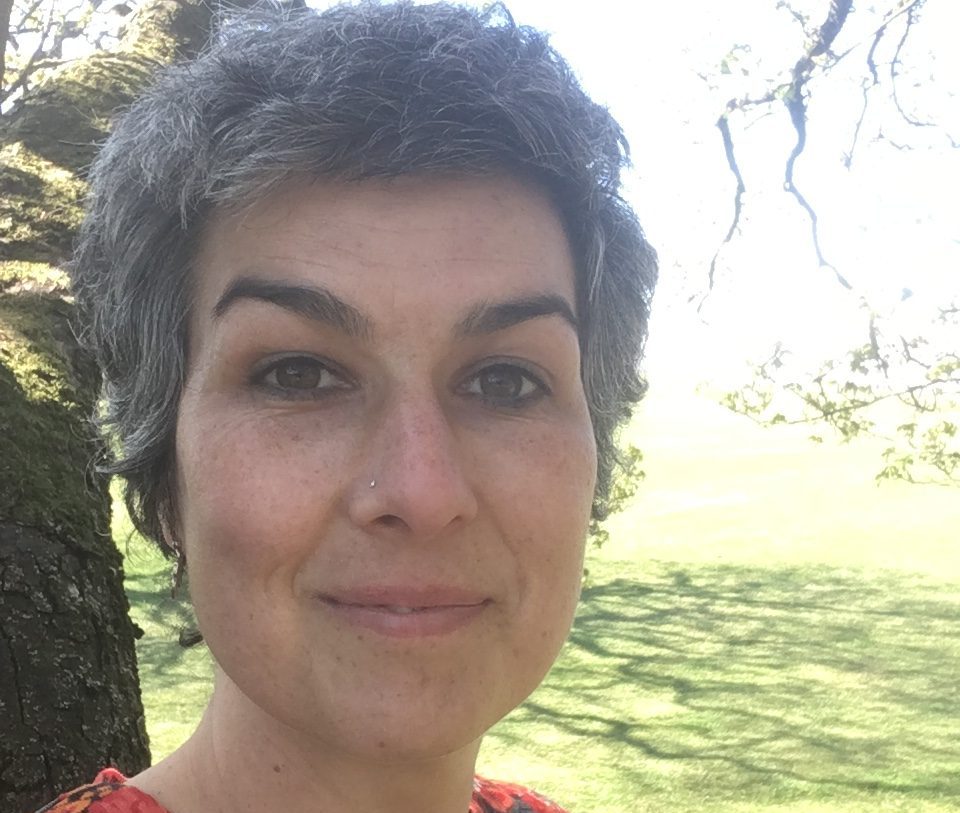by Esa Aldegheri
“We know of course there’s really no such thing as the ‘voiceless’. There are only the deliberately silenced, or the preferably unheard.” So said Arundhati Roy during her Sydney Peace Prize Lecture in 2004. The literary world – from publishing to festivals, from writing retreats to literary prizes – is often thick with people I would call the “preferably heard”. Those whose confidence, class, income, colour, education (amongst other factors) allow them to be part of this particular landscape. It is not a comfortable thing to say or hear, but there you have it.
In this landscape, Push the Boat Out wants to be a joyful, inclusive, accessible festival which will showcase and explore the richness of contemporary poetry. My work is steering Push the Boat Out’s community engagement programme so that the word “inclusive” is more than just a shape on a page, a tick in a box. I’ve been working with some brilliant community partners across Edinburgh to push the good boat of poetry a wee bit further beyond the traditional classroom, page, affluent postcode or fancy arts venue and feature voices beyond those of the usual suspects.
“Voice” is a word often used in the poetry world, with poets praised for having an original or unique one. But whose are the voices that are most heard? I am interested in co-creating places where people who are not the usual suspects can try out their voice as poets. Partnerships with Open Book, WHALE Arts and Murrayburn Primary have created such spaces, and the resulting poetry will be showcased at Push The Boat Out Festival. That said, voice is not enough if nobody is listening.
Kathleen Jamie, our national Makar, put it perfectly at her inaugural event at Edinburgh International Book Festival this summer: “People talk about ‘voice’ in poetry – but for me poetry is about listening. We have to listen.” If we want to make good poetry, we have to listen. If we care about social justice as well as poetry, we need to link Kathleen Jamie’s words to those of Arundhati Roy and ask, whose voices are being listened to (or not)? And also: who is doing the listening? Who are the audiences of poetry? Who gets to, wants to, is able to listen?
If Push the Boat Out is a new feature in the poetry landscape, I want it to be a place where these questions are asked and their answers discussed. The festival programme features a wide variety of voices, and we want to welcome a varied audience – beyond the usual suspects. How will that happen? Will that happen? Well – come and see for yourself. Come and see, come and listen. And use your voice too: tell us what you think. We will listen, and hopefully together we can keep on working to make our shared world of words one where more than just a few voices are represented and heard.





